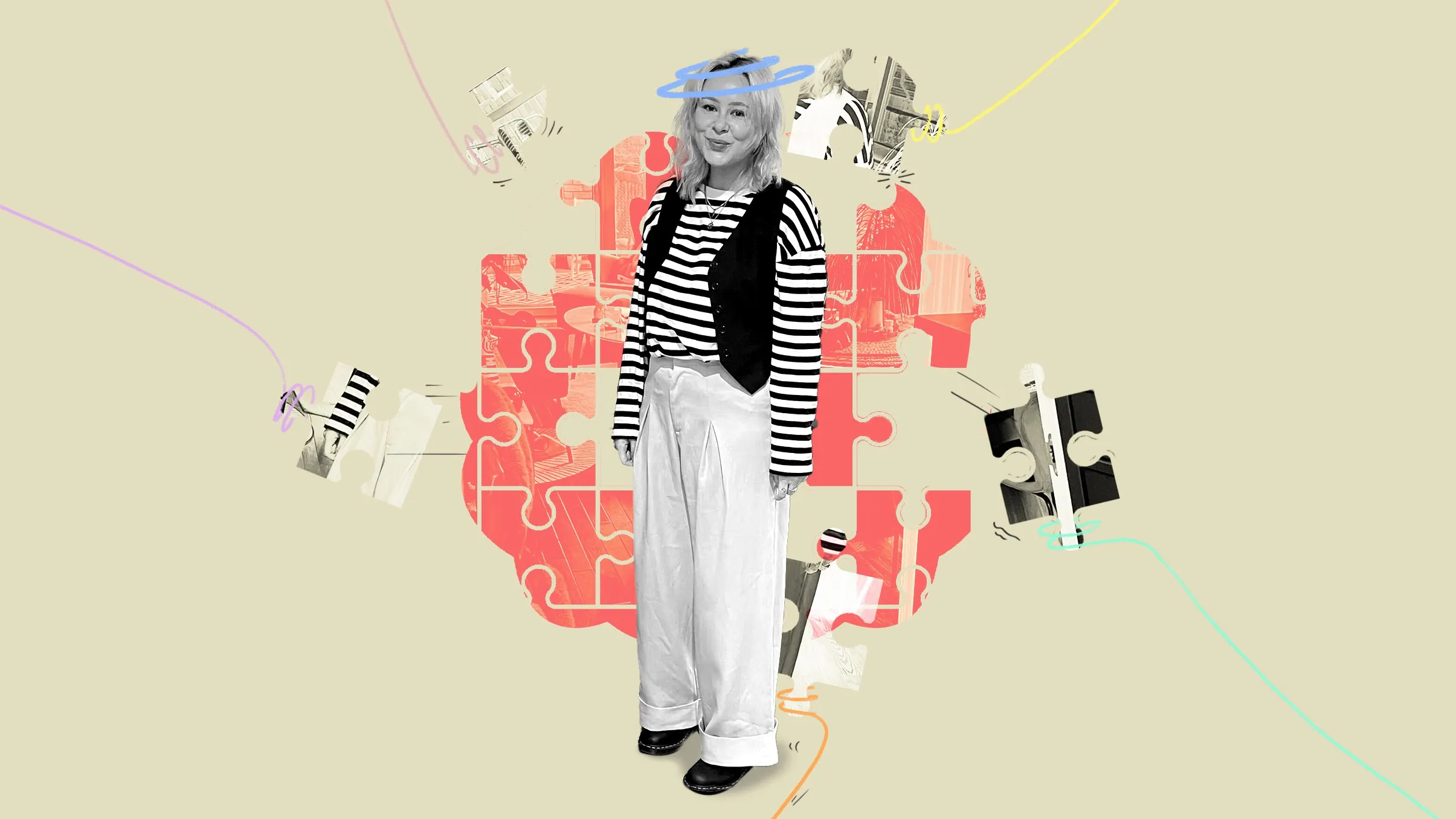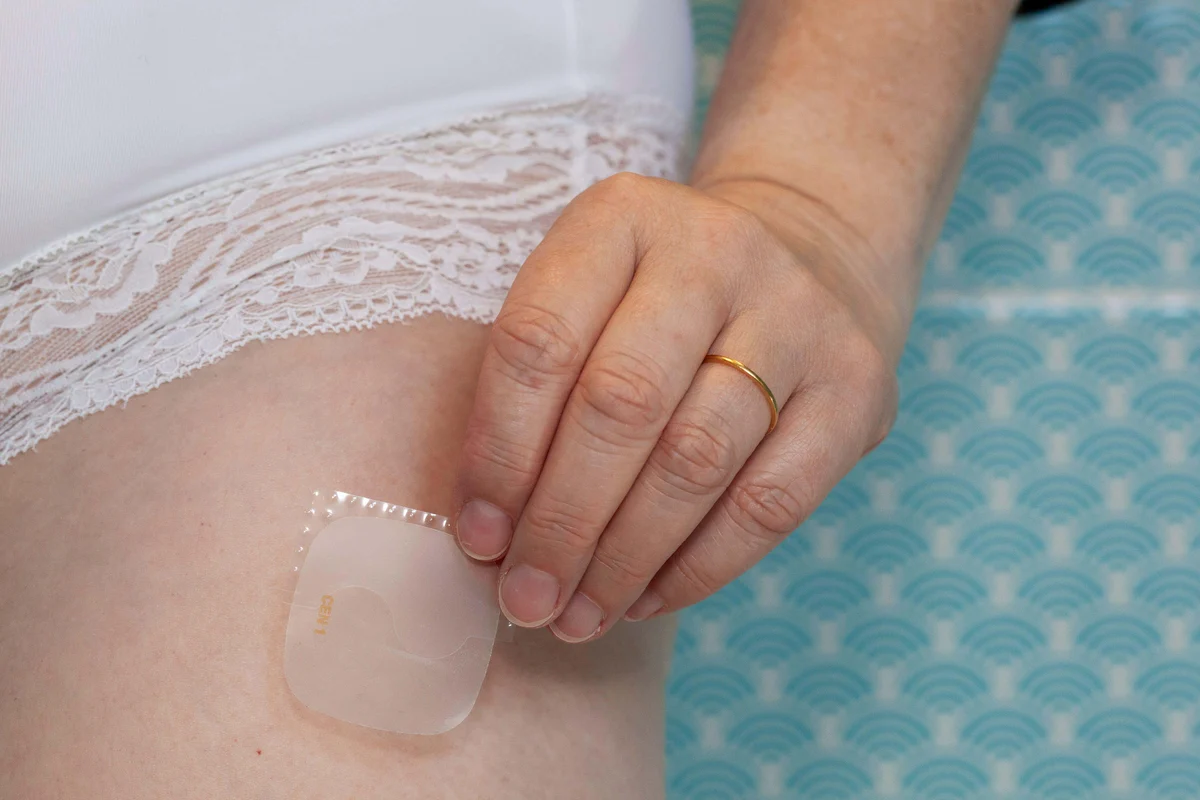Copyright metro

My parents didn’t believe in ADHD (Picture: Metro/ Jessica Lindsay) I shouldn’t have been nervous. I’m one of those annoying people who calls their parents every day, but this particular conversation was daunting. I had been diagnosed with attention-deficit hyperactivity disorder (ADHD) in September 2021 and now, a couple of months later, I was finally about to tell my mum and dad. Though we have a good relationship, and I know they support me, I’d held off from sharing the news with them because I knew how incredulous they’d be. When neurodivergence had come up in the past, they’d parroted headlines that insinuated people were using it as an ‘excuse’, flocking to doctors for proof they deserve special treatment over minor setbacks everybody faces. I tried to rationalise the fact they weren’t talking about me, hoping that their preconceptions would melt away once ADHD was no longer an abstract construct but their daughter’s reality. But after eventually plucking up the courage, my fears were realised. ‘Why do you want to put a label on yourself?’ came the replies from mum and dad. ‘You have a degree and a job. You’re fine.’ My parents could not understand what ADHD was (Picture: Jess Lindsay) It was as though they only remembered me getting decent grades – not the school reports that drew attention to my ‘disruptive’ behaviour, constant fidgeting, disorganisation and lateness. Because I wasn’t out of work, the years of lost house keys, missed appointments and impulsive financial decisions – all common traits of ADHD that were referenced by my psychiatrist as part of my diagnosis – meant nothing. It was like they had a fog over their eyes. ADHD Awareness Month 2025 Taking place every October, the theme for this year’s ADHD Awareness Month is ‘The Many Faces of ADHD.’ With that in mind, Metro Lifestyle will be embarking on a weekly series of ADHD content throughout October that aims to demystify what it truly means to live with this vastly misunderstood condition. But it’s not just neurodivergent people who should care about ADHD: there’s value in those without the condition understanding it, too. No amount of awareness is too great, and one of the best things neurotypical people can do for us is give us allyship. Our brains are a little bit different, and that’s okay. Now, let us tell you all about it. On the other end of the phone, it was difficult to process how blinkered they seemed. It wasn’t like this was out of the blue – I’d been seeing doctors for anxiety and depression since my teens, but nothing ever seemed to work. They’d had low times themselves and had always been by my side with unwavering compassion, never questioning the validity of what I was going through. Now, after a lifetime of issues, I finally had an answer for why I found it so tough to ‘keep it together’. A psychiatrist had assessed me, and the help I was getting as a result – most notably Elvanse, a fast-acting medication that regulates the body’s production of dopamine to improve focus – had already been transformative. I couldn’t fathom why my parents were still being so dismissive (Picture: Jess Lindsay) My knee-jerk response was to lash out, chalking it up to callous ignorance. I told them as much too, hanging up the phone and refusing to engage with the cat memes my mum sent me as an olive branch. It was about a week before I felt able to speak to them again. But as the dust settled, I began to understand where their reaction had come from. For starters, there was probably a sense of guilt at having missed the signs when I was growing up. After all, no parent wants their child to struggle, let alone to do it without their support. What is ADHD? NHS describes ADHD as ‘a condition that affects people’s behaviour. People with ADHD can seem restless, may have trouble concentrating, and may act on impulse.’ Is it often diagnosed in childhood, but in some cases isn’t recognised until adulthood. ‘Research has also identified a number of possible differences in the brains of people with ADHD when compared with those without the condition. Other factors suggested as potentially having a role in ADHD include: being born prematurely (before the 37th week of pregnancy) having a low birth weight smoking or alcohol or drug abuse during pregnancy.’ For children, treatments include ‘appropriate educational support, advice and support for parents and affected children, alongside medicine, if necessary.’ For adults, ‘medicine is often the first treatment offered, although psychological therapies may also help.’ It also became clear the more we spoke that my mum was spotting similarities in her own behaviour, questioning whether traits she previously thought were completely ‘normal’ were actually symptoms of ADHD. Only a professional can say for sure whether she officially meets the criteria, but research suggests neurodivergence often runs in families, and me and my mum’s shared tendency towards clumsiness, forgetfulness and speaking before thinking has us wondering if this may be the case. So what I initially perceived as insensitivity started to look more and more like a defence mechanism. If I was neurodivergent it could mean she was too – and that’s a lot for anyone to consider. Generational differences clearly factored into it too. Although they stopped short of saying it outright, I felt the sentiment was there: ‘Back in our day, we soldiered on, and we turned out okay.’ While the idea that ADHD is a new ‘fad’ spans age groups, given it was only recognised in children in England, Wales and Northern Ireland in 2000, it’s not particularly surprising that a pair of Gen Xers might see it that way. ADHD is not just a trend (Picture: Jess Lindsay) With the UK seeing a 20-fold increase in diagnoses since 2000, on first glance it could certainly look like a load of millennial and Gen Z ‘snowflakes’ jumping on a bandwagon of Tik-Tok inspired self-pathologising. In reality though, data from ADHD UK suggests it has been significantly underdiagnosed, and that this is only now starting to change as knowledge of neurodivergence – particularly how it presents in women – has increased. After all, just because neurodivergence wasn’t recognised in the past doesn’t mean it didn’t exist – your grandma who’s always getting her letters jumbled, your auntie who’s eaten the same meal every lunchtime for 25 years, or that uncle who talks at a million miles an hour are proof. The more I spoke to my parents in the months following that first tense phone call, the more I realised they were trying to unlearn all sorts of outdated stereotypes about the disorder, from ‘it only affects boys’ to ‘smartphones are to blame’. Comment nowHave you ever faced challenges discussing health? Have your say in the comments belowComment Now It also helped that they were witnessing the myriad ways my life improved thanks to finally receiving a proper diagnosis. Knowing why I was forgetful allowed me to evaluate my routine and create systems that prevent problems reoccurring – I went from being locked out on a monthly basis to losing just one set of keys in four years. Beyond that, I no longer cry at my desk, gripped by inexplicable inaction, put off paying my bills until long past due or spend days after every social interaction terrified I came across as ‘too much’. I’m glad to say that, with time, my parents have become much more accepting of my ADHD, and it’s even sparked a bit of a running joke about the similar habits that run in our genes. These conversations are never easy, but my family and I got through it together – and I hope more people with ADHD can too. Do you have a story you’d like to share? Get in touch by emailing Ross.Mccafferty@metro.co.uk. Share your views in the comments below.



